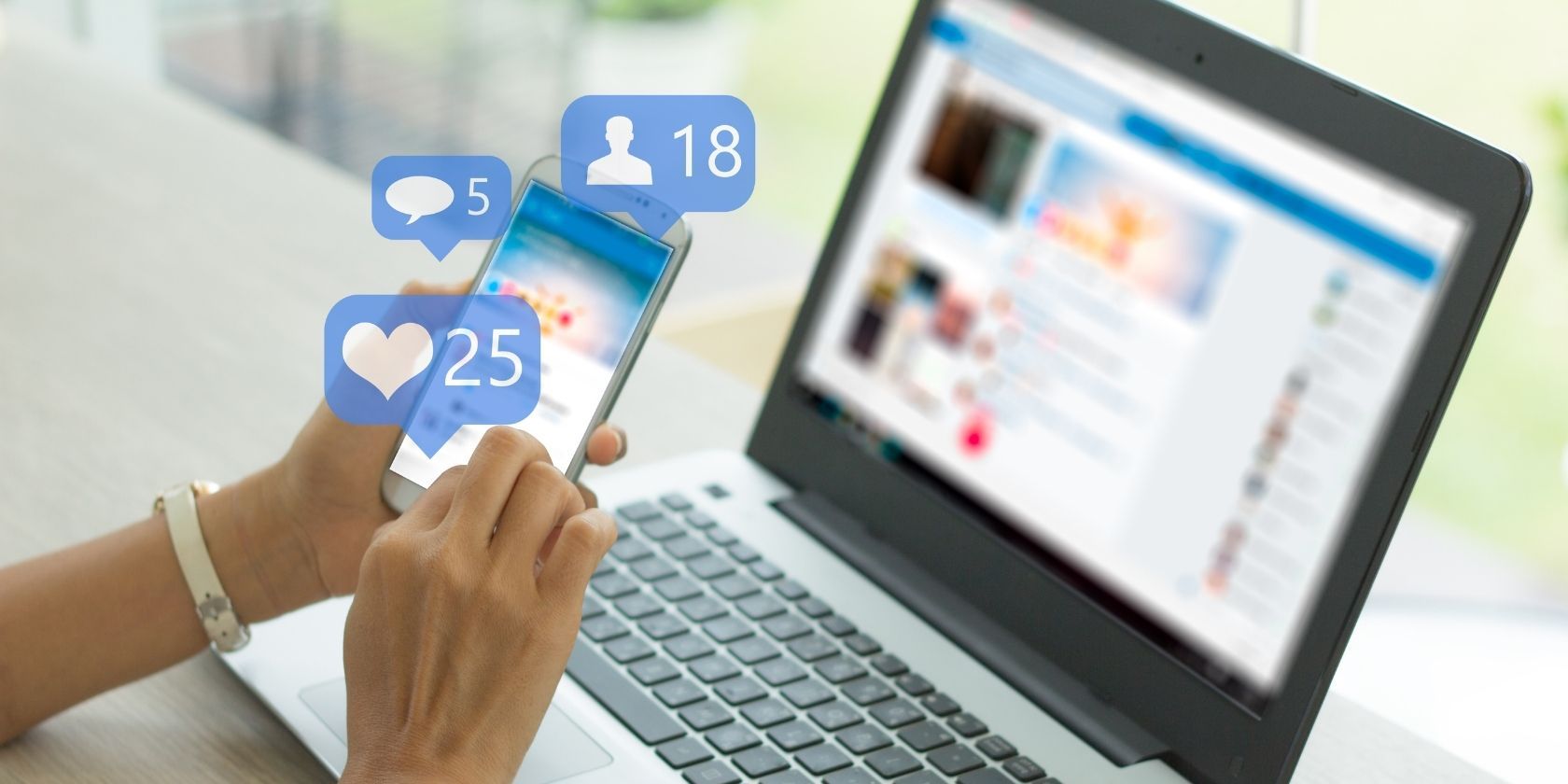Media has always had the power to influence our society, but it wasn’t until the social media boom that we saw it on this scale and magnitude. While it has potential for good, social media has been also been harmful to society because of how we use it.
Here’s how social media is harming our mental health, self-image, communication skills, and society at large—potentially causing more harm than good overall.
The uncontrollable urge to share everyday life with others on social media is starting to have long-term effects.
Studies have shown that increased use of social media platforms like Facebook, Instagram, and Tiktok is leading to depression, anxiety, and loneliness.
The COVID-19 pandemic has not only pushed more people to the platforms but has also caused people to spend unusual amounts of time cruising their feeds.
The longer everyone spends on their phones, the less time they spend with the people in their lives. When we have positive social interactions, our bodies release endorphins that help make us feel good.
Social media platforms have become aware of how to manipulate this reward response to increase engagement and time spent on apps.
When you receive positive feedback on a post you made or picture you uploaded, it releases some of those endorphins. This is what keeps people on the platforms for hours. But it can also lead to increased feelings of anxiety, depression, and loneliness.
Casinos use the same types of tactics to get people to spend more time, and money, on their business. Giving out small wins to keep people coming back but never being able to fulfill their needs.
If everyone had a full understanding of this concept could lead to healthier social media habits. Problem is, not very many people know how to create a healthy balance.
While not everyone on the internet has a hard time communicating in real life, there is still a good portion of introverts who have an easier time talking online.
Social media makes it easier for those people to connect with others and learn social cues that could have been missed. This can be especially helpful for people who live in smaller towns and have a deep desire to broaden their horizons.
While you can’t exactly remain anonymous on social media without creating a fake profile, you can create a whole new persona. This can help people who have a hard time socializing to break out of their shells.
Where social media has gotten into trouble is when these personas get pulled to the dark side.
About 10 percent of teens report being bullied on social media and even more claim they have been the recipient of offensive remarks. Being on the receiving end can lead to lower self-esteem and self-image.
It’s also hard to express clear and concise communication when only using a keyboard. Language gets lost in translation without more communication clues to give context, like body language.
What could have been intended as an innocent remark could be taken personally. This could lead to an argument that could have been avoided if it had been made in person.
Communication on social media still has some maturing to do before it becomes a force for good.
At no other time in the history of the world has it been easier to connect with someone from around the world as it is today. Social media has had a large part in getting more people in contact with each other.
These connections have fostered a whole world of communities that wouldn’t have existed without the invention of the internet and social media.
But at the same time, the ease of finding like-minded people through social media has shown to be just as dangerous as it has been positive.
Since its inception, the public has become increasingly aware of just what types of groups were forming in the dark corners of social media. Groups that would threaten the wellbeing of others were allowed to assemble online.
The election of 2016 was controversial for the use of foreign interference through Facebook ads to swing the vote of the public.
The continued disparity between political opinions is a big reason why Americans feel social media is doing more harm than good these days.
The power of social media to influence entire nations has come under the microscope with recent events and other forms of media, like movies. Documentaries like The Social Dilemma have shown exactly what kind of manipulation social media is capable of.
Our dependence on social media is causing large consequences to how we live our lives. Although, the same could potentially be said about any form of media.
The only difference is the scale that social media operates on and the instantaneous effect of that power. As a result we face a dilemma of disinformation, social division spurred by bad-faith actors, and massive influence campaigns driven by social media.
We have all gone through periods of comparing ourselves to others, whether it be in school or work.
Social media has taken that concept to a whole other level by putting the haves and the have-nots front and center.
What started as an honest way to connect with like-minded communities and friends has become a way to sell and buy happiness. Social media has, essentially, turned into a marketing platform.
Facebook, Instagram, and even LinkedIn have all drastically reduced the organic reach of posts with algorithmic timelines. This means fewer and fewer people get to see what you post unless you want to pay for advertising.
Only a handful of people, known as influencers, have a massive audience. And many of them have financial reasons for their posts. They sell products by making their social feeds filled with good experiences and amazing places.
This leads to a majority of people on the platform trying to make their life seem it’s just as good. This can lead to severe loneliness and pressure from always comparing your life to others without knowing the context behind the pictures.
Social media, in and of itself, is not bad or harmful to society. What makes it harmful is how we use it and how we feel about ourselves while using it.
Right now, that pendulum is swinging in the wrong direction, but all it takes is enough people choosing to use it for the right reasons.
About The Author

